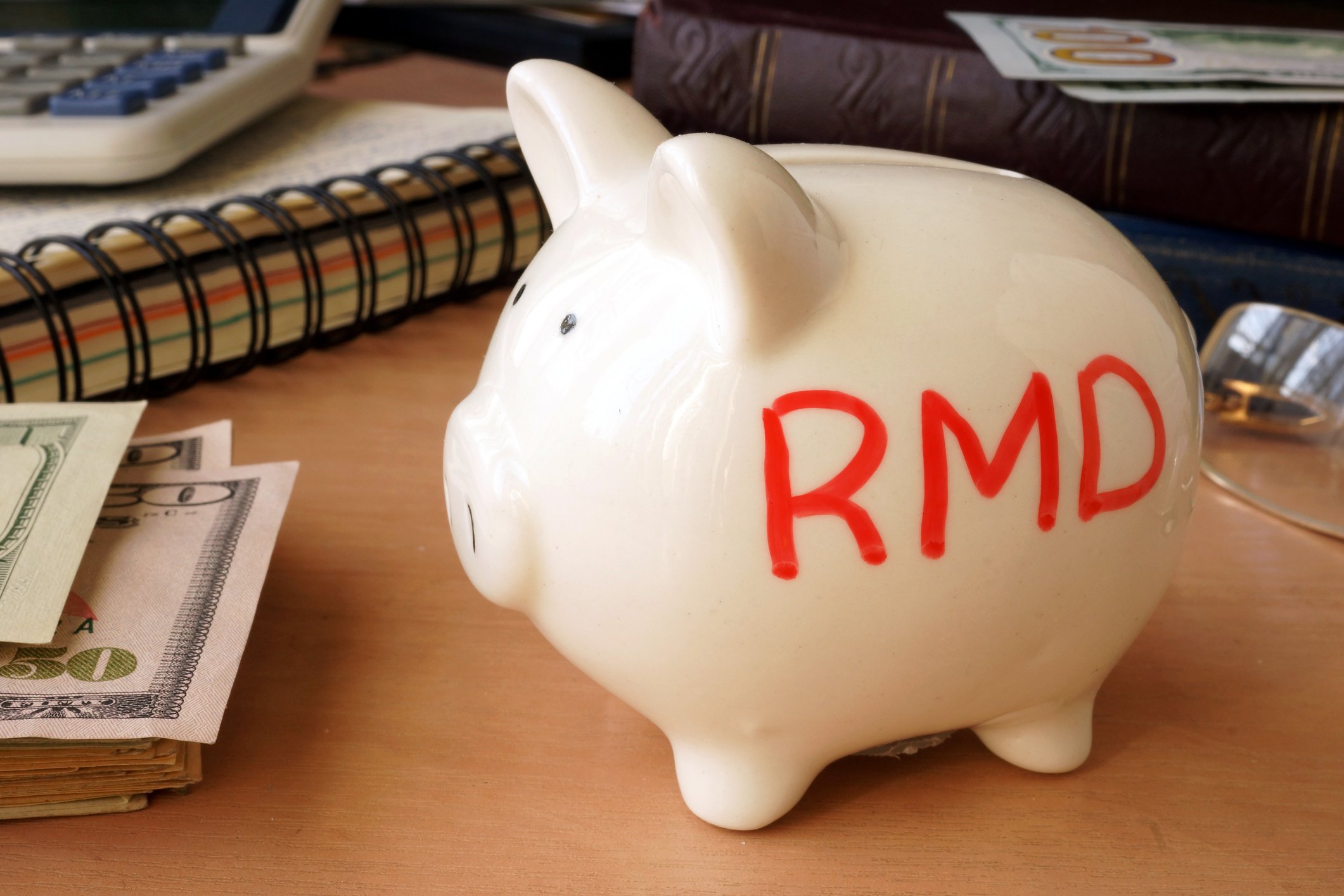It's the worst-case scenario: You invested your savings, hoping to strike it rich, and instead, you lost most of it. Retirement, whether it's five or 15 years down the road, suddenly feels like an impossibility. But all hope is not lost. Recovering from the loss of your nest egg is challenging, and you might have to make some lifestyle adjustments, but you can do it. Here are a few tips to help you get started.
Save what you can
The first thing you need to do is step up your savings. You now have to earn enough for retirement in a much shorter time span, and whatever you were saving before probably won't be enough. Look at your monthly income and expenses and figure out how much you can reasonably put toward retirement savings. You might need to forgo extras like going out to eat or buying that new car. They're nice, but in the scheme of things, they're much less important than being able to pay your bills in retirement.

Image source: Getty Images.
You're allowed to contribute up to $5,500 to an IRA and up to $18,500 to a 401(k) in 2018. Adults aged 50 and older are also allowed catch-up contributions of $1,000 for IRAs and $6,000 for 401(k)s, bringing their contribution limits to $6,500 and $24,500, respectively. If you can afford to make catch-up contributions, do so. They can make a big difference. The extra $6,000 that you can put toward 401(k) catch-up contributions could grow into $174,000 in 15 years, assuming an 8% rate of return.
Make adjustments to your retirement plan
Even saving as much as you can, you might not end up with enough for the retirement you planned. In that case, you may need to consider adjusting your expectations for retirement so you can get by on the income you'll receive.
One option is to work for a few extra years. This will give you more time to save for retirement while also reducing the number of years your retirement savings have to last. It may also increase your Social Security benefits (more on that in a moment).
Another option is to trim down your retirement budget. Look for ways to cut costs, like downsizing your home. If you had plans to travel, you may need to cut these back or travel at off-peak times to save money. Cutting your expenses in retirement will reduce the amount of savings that you need, so it'll be easier for you to catch up.
You could also think about delaying your Social Security benefits. Depending on the year in which you were born, your full retirement age will be 66, 67, or somewhere in between. If you begin taking Social Security benefits at your FRA, you will receive 100% of the amount you're entitled to. But if you delay taking benefits, you will get a greater amount per check. This benefit maxes out at age 70. If your full retirement age is 66 and you delay benefits until age 70, you will receive 132% of your scheduled benefits per check. If your full retirement age is 67 and you wait until age 70 to file, you'll receive 124%. This extra amount can help to make up for low savings if you can get by without Social Security until then.
Set aside some time to run the numbers and figure out the best course of action for you. Evaluate how much you actually need to get by in retirement and then see how much working another year or delaying Social Security will narrow the gap between what you have and what you need.
Re-evaluate your investment strategy
It's a good idea to look into why you lost your nest egg in the first place so you can prevent your portfolio from taking another hit in the future. If the loss happened because you were heavily invested in one or two investment products that tanked, you should think about diversifying. By spreading your money around, you reduce the risk of losing a significant portion of your savings again.
If you were planning to retire soon, you may have to invest more aggressively than you'd like to. Stocks are a good option if you're trying to grow your portfolio quickly, but they can also be volatile, so it's important to do your research and choose your stocks carefully.
Seek help from a financial advisor
If you can't seem to come up with a solution on your own, you may want to seek help from a financial advisor. They'll be able to look at your situation and explain your best options. Make sure you choose a reputable company, preferably one that's fee-only. These types of advisors aren't earning any commissions, so you don't have to worry about conflict of interest. Ask for a copy of their fee schedule, and make sure you can reach out to them at any time if you have questions.
If you've lost your retirement savings, you might not have many good options. But you're not out of luck. As long as you're committed to being frugal and managing your money as best you can from here on out, you should be able to save enough for a relatively comfortable retirement.





